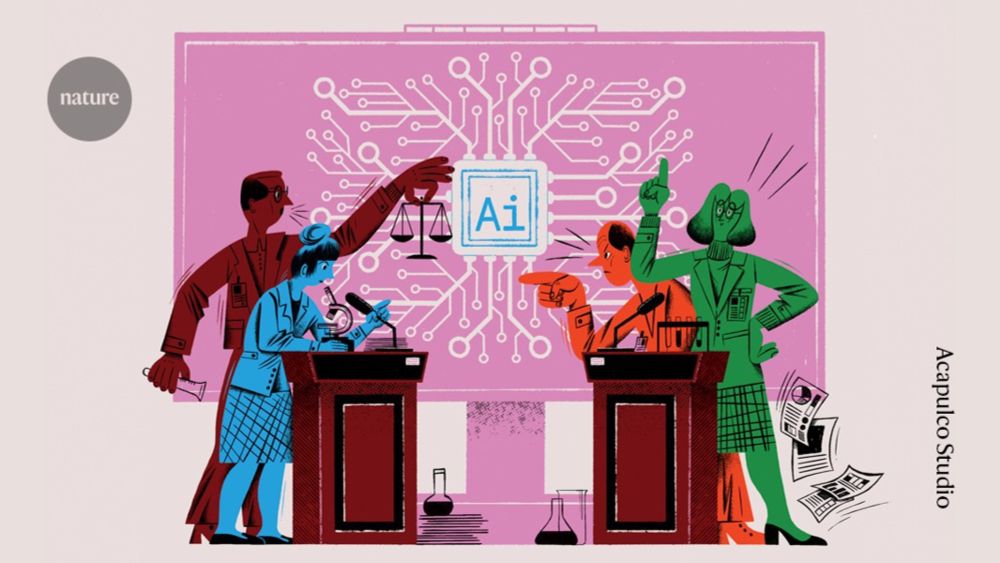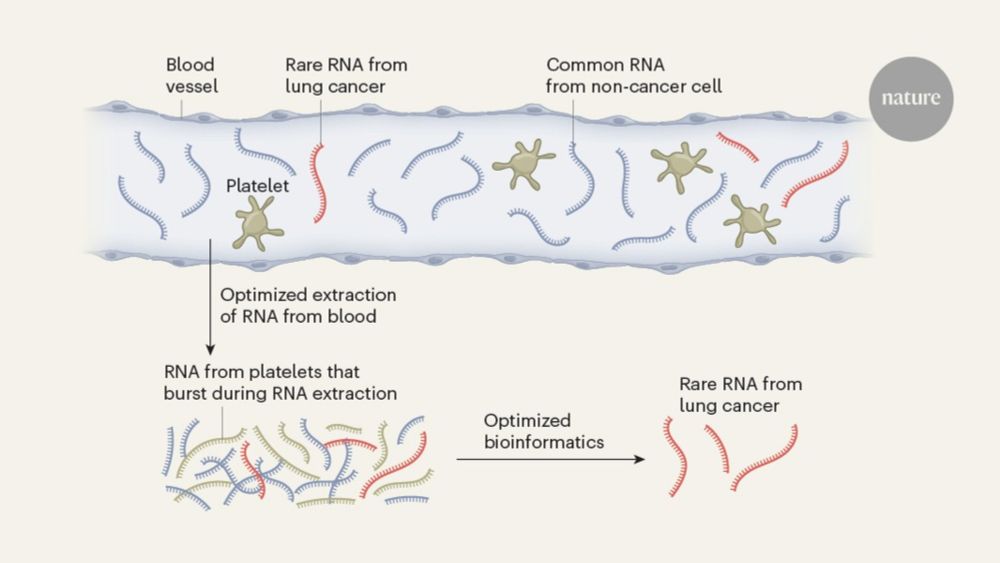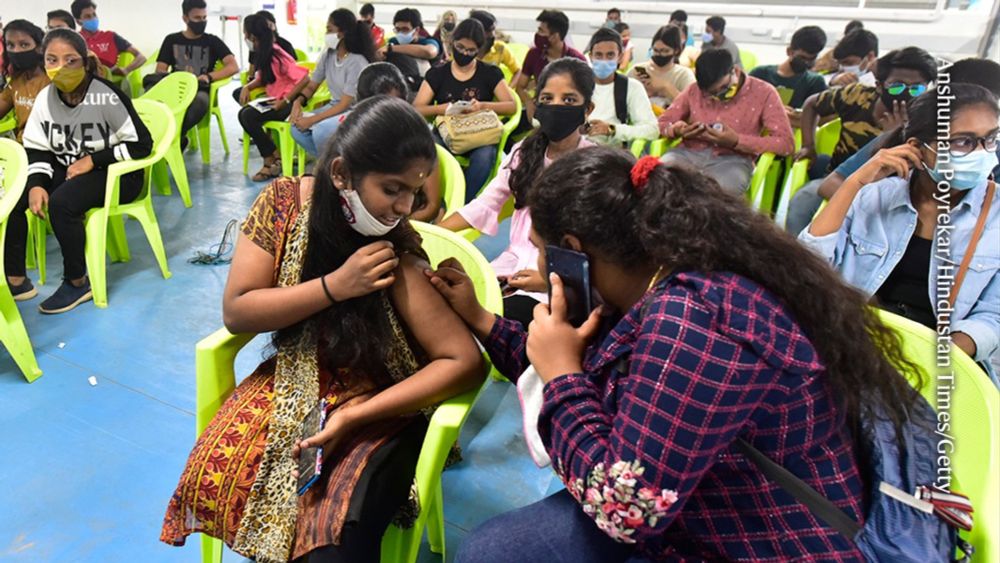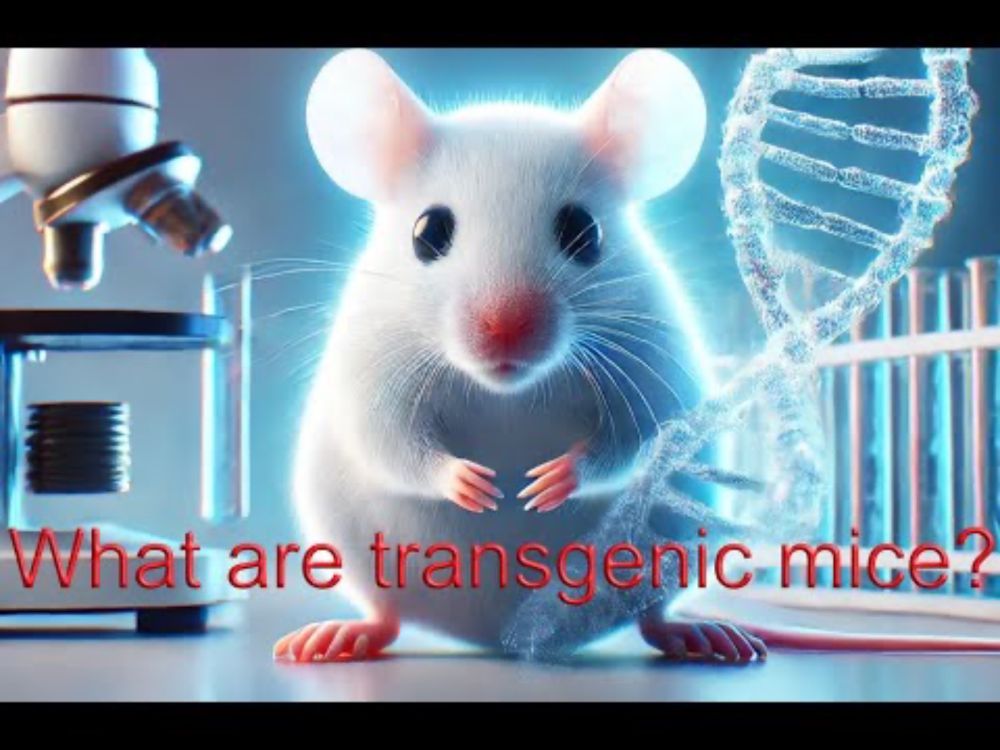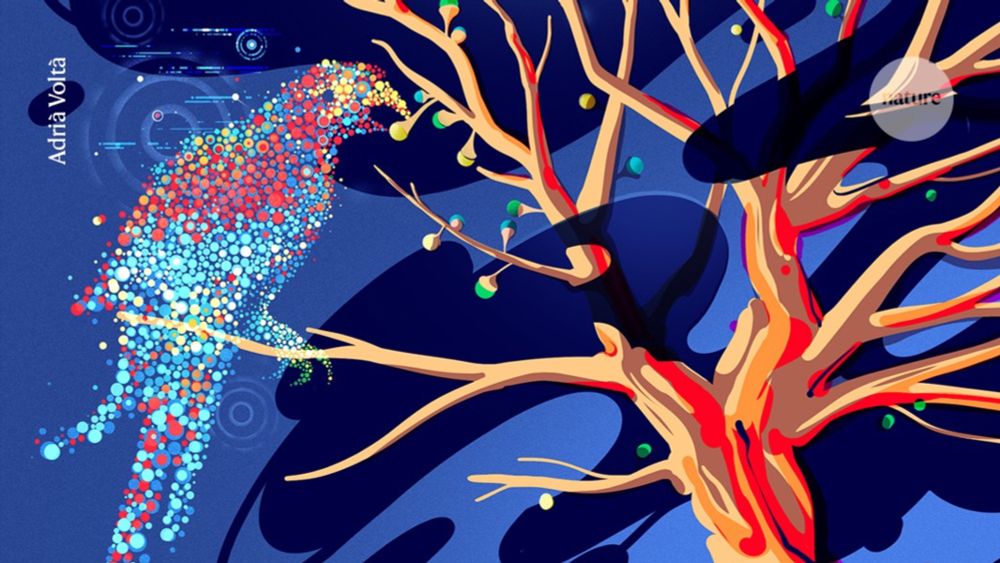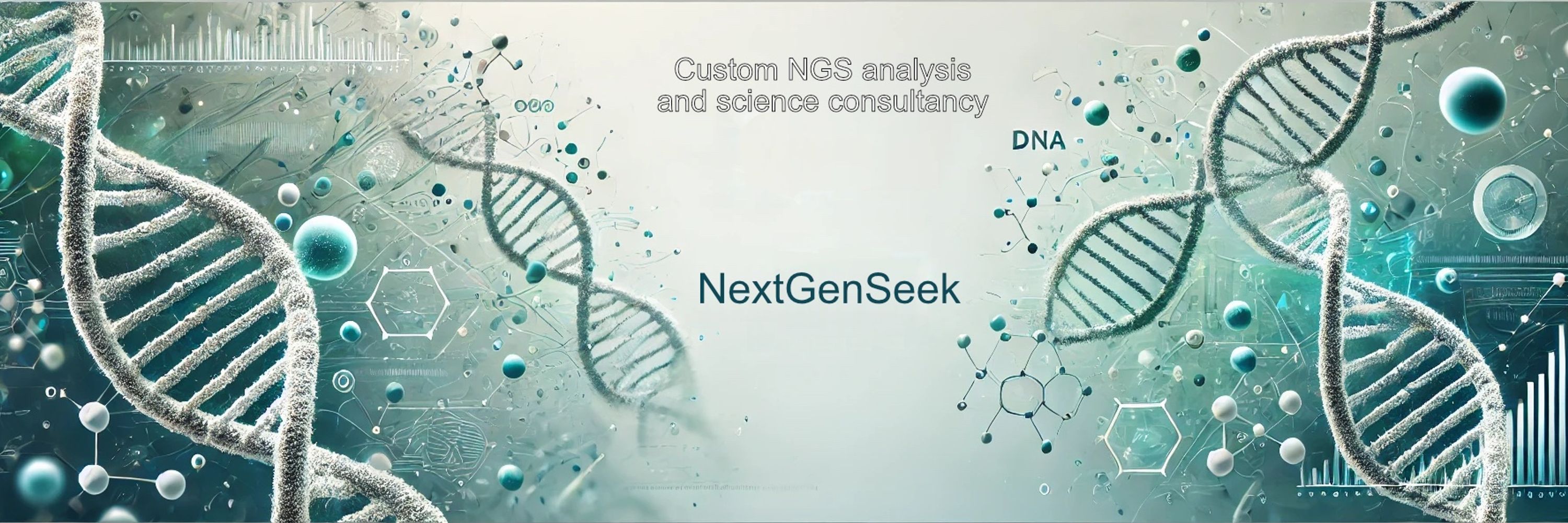
www.nature.com/articles/d41...
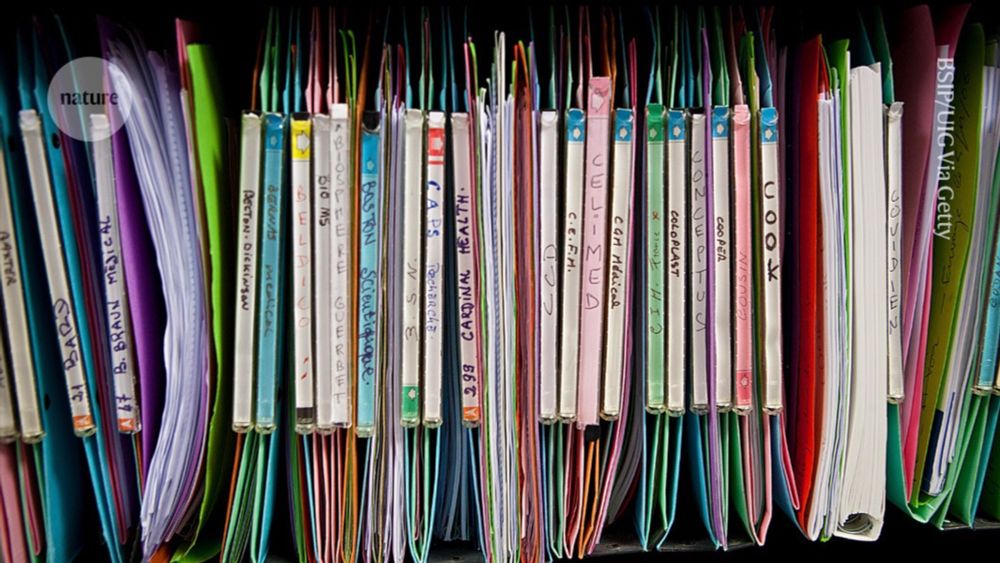
www.nature.com/articles/d41...
Removing outliers, using alternative statistical methods and running extra experiments are some methods that could be used to change the P-value. Be careful not to fall in this trap! Stay sceptical! Null results are a normal part of science.
www.nature.com/articles/d41...
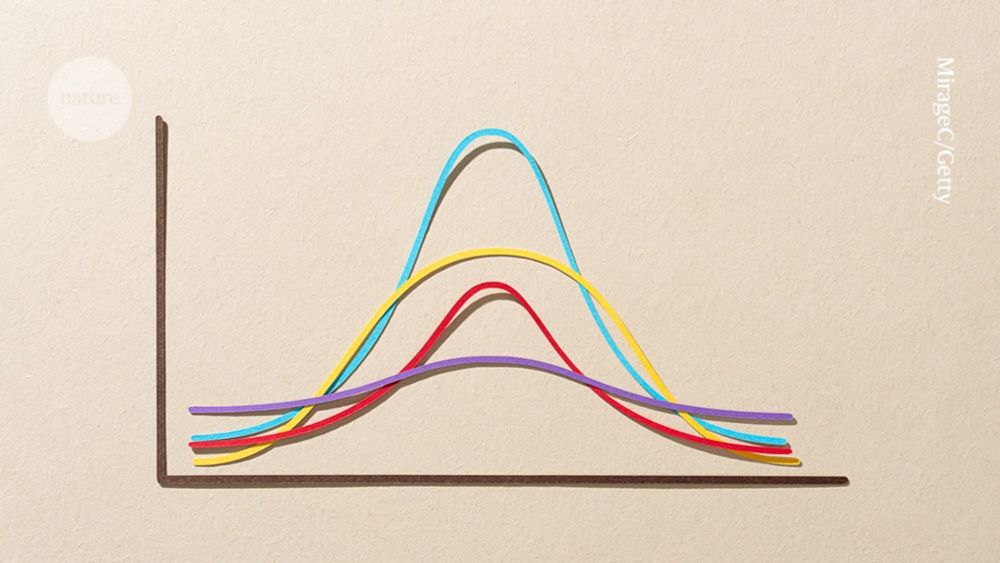
Removing outliers, using alternative statistical methods and running extra experiments are some methods that could be used to change the P-value. Be careful not to fall in this trap! Stay sceptical! Null results are a normal part of science.
www.nature.com/articles/d41...
What's your opinion?
www.nature.com/articles/d41...
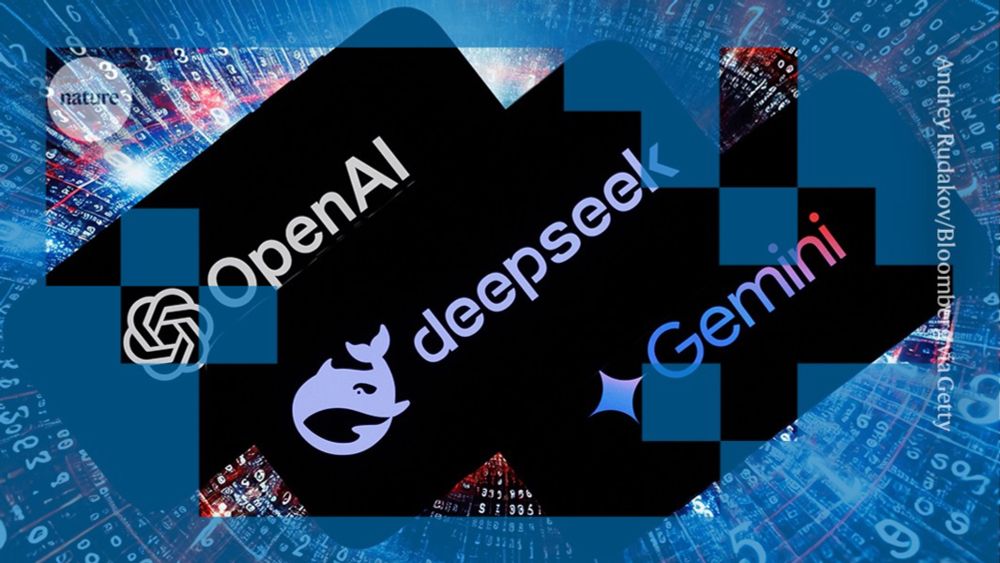
What's your opinion?
www.nature.com/articles/d41...
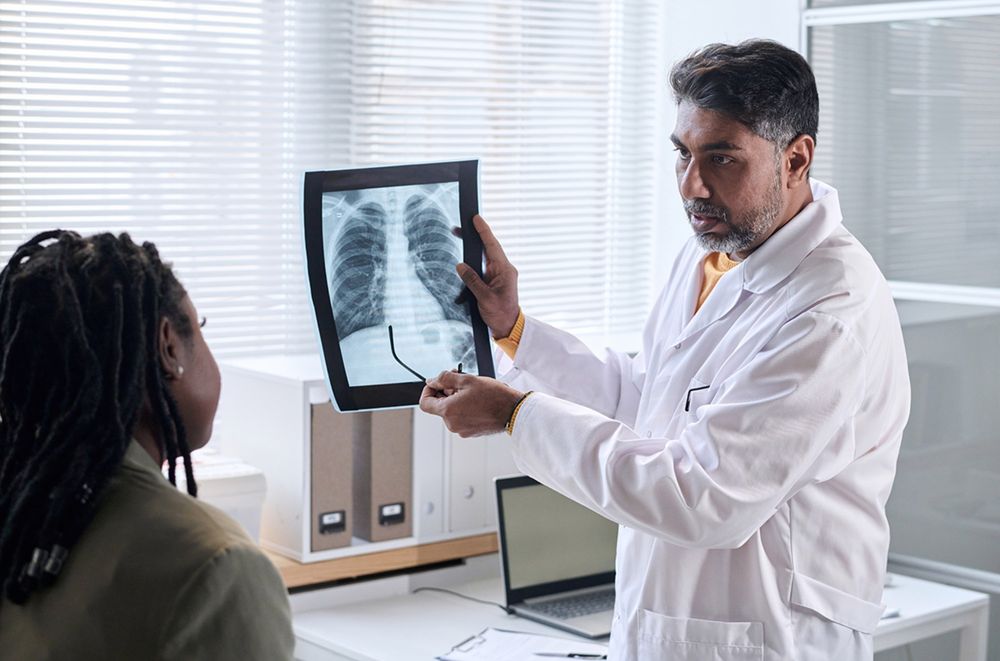
Weakness of the study: The test name was a gender-neutral European name. Can someone please repeat this study with female/non-European names?
www.nature.com/articles/d41...
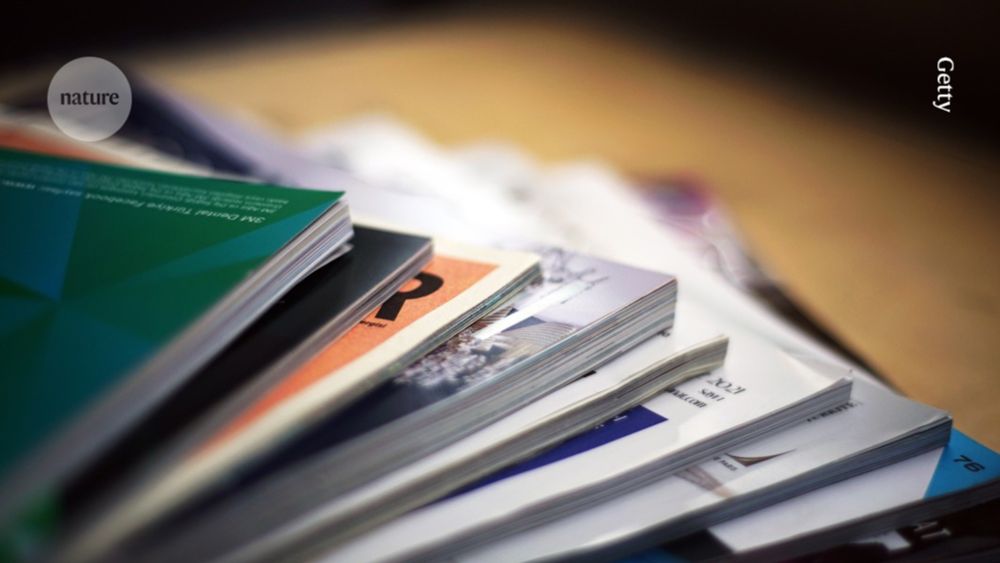
Weakness of the study: The test name was a gender-neutral European name. Can someone please repeat this study with female/non-European names?
www.nature.com/articles/d41...
Two projects, Black Spatula Project & YesNoError, are using AI to catch mistakes in scientific studies before they spread.
Could AI improve research integrity—or create chaos?
#AI #Science #ResearchIntegrity
www.nature.com/articles/d41...
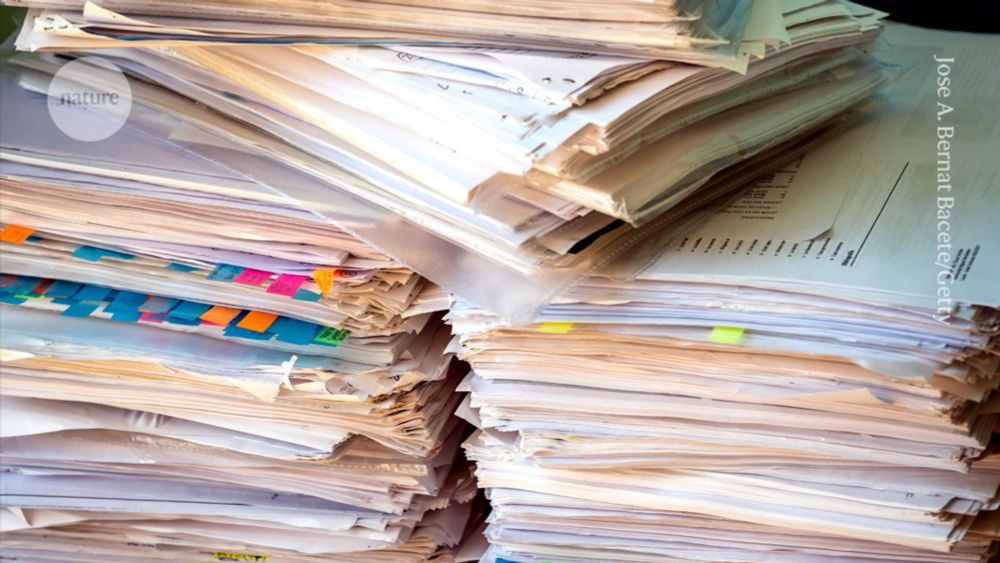
Two projects, Black Spatula Project & YesNoError, are using AI to catch mistakes in scientific studies before they spread.
Could AI improve research integrity—or create chaos?
#AI #Science #ResearchIntegrity
www.nature.com/articles/d41...
"We’re gonna lose our memory because we don’t use it anymore," say scientists. What will AI do to our memory?
www.nature.com/articles/d41...
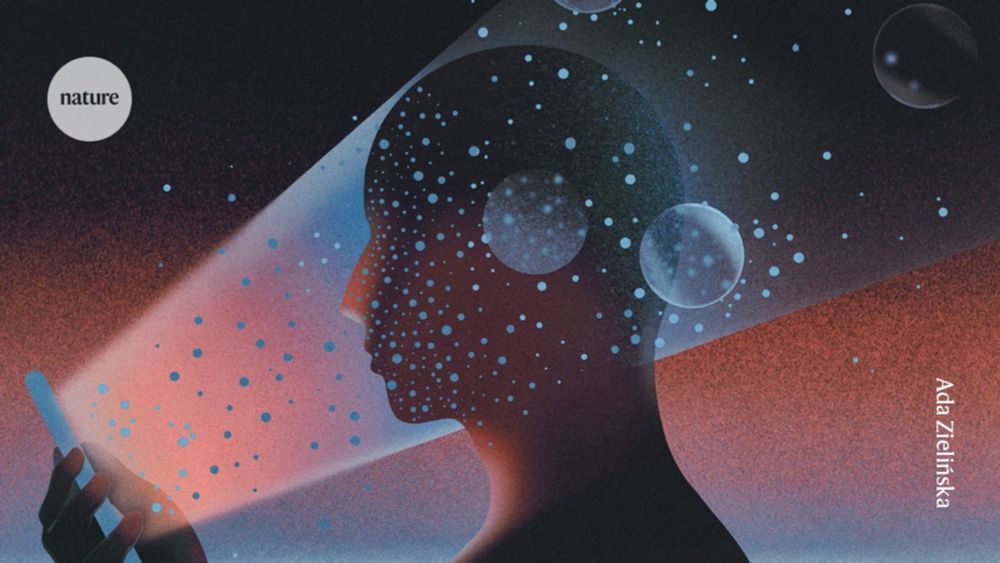
"We’re gonna lose our memory because we don’t use it anymore," say scientists. What will AI do to our memory?
www.nature.com/articles/d41...
YouTube promotes videos with engagement, so likes/comments/shares help reach the right audience. Even if you're not the target, your support matters!
💙 Watch & boost? 🔗 youtu.be/KC42D0ZpqtE
#SciComm #Vaccines #ScienceForEveryone
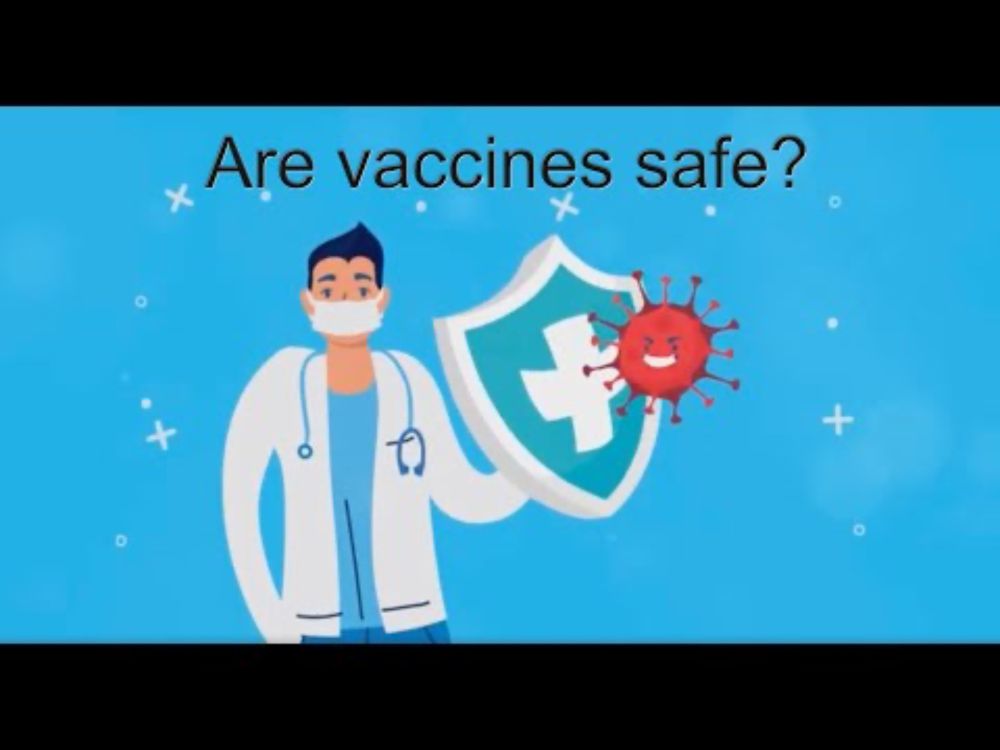
YouTube promotes videos with engagement, so likes/comments/shares help reach the right audience. Even if you're not the target, your support matters!
💙 Watch & boost? 🔗 youtu.be/KC42D0ZpqtE
#SciComm #Vaccines #ScienceForEveryone
YouTube promotes videos with engagement, so likes/comments/shares help reach the right audience. Even if you're not the target, your support matters!
💙 Watch & boost? 🔗 youtu.be/ScOQ2tt5HQQ
#SciComm #Vaccines #ScienceForEveryone
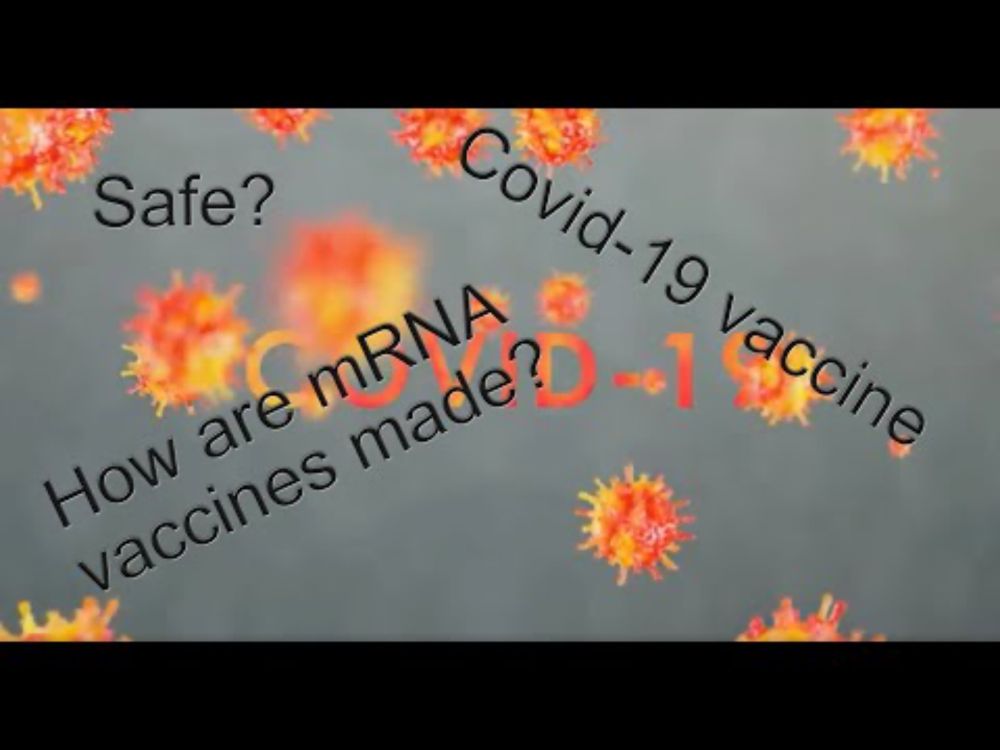
YouTube promotes videos with engagement, so likes/comments/shares help reach the right audience. Even if you're not the target, your support matters!
💙 Watch & boost? 🔗 youtu.be/ScOQ2tt5HQQ
#SciComm #Vaccines #ScienceForEveryone
Too many papers treat bioinformatics like a black box—vague methods, missing parameters, and no reproducibility. Would we accept "we used PCR" without primer details?
#Bioinformatics #ScienceIntegrity
www.linkedin.com/pulse/hidden...
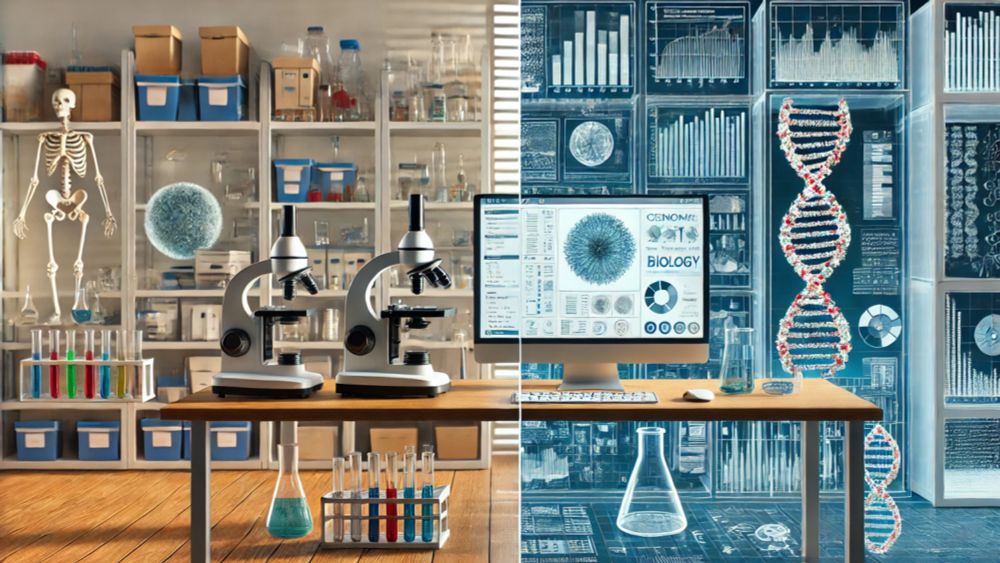
Too many papers treat bioinformatics like a black box—vague methods, missing parameters, and no reproducibility. Would we accept "we used PCR" without primer details?
#Bioinformatics #ScienceIntegrity
www.linkedin.com/pulse/hidden...
What is 23andMe going to do with the data that they still have possession of? Are they going to try to sell access to it in order to generate funds?
www.nature.com/articles/d41...
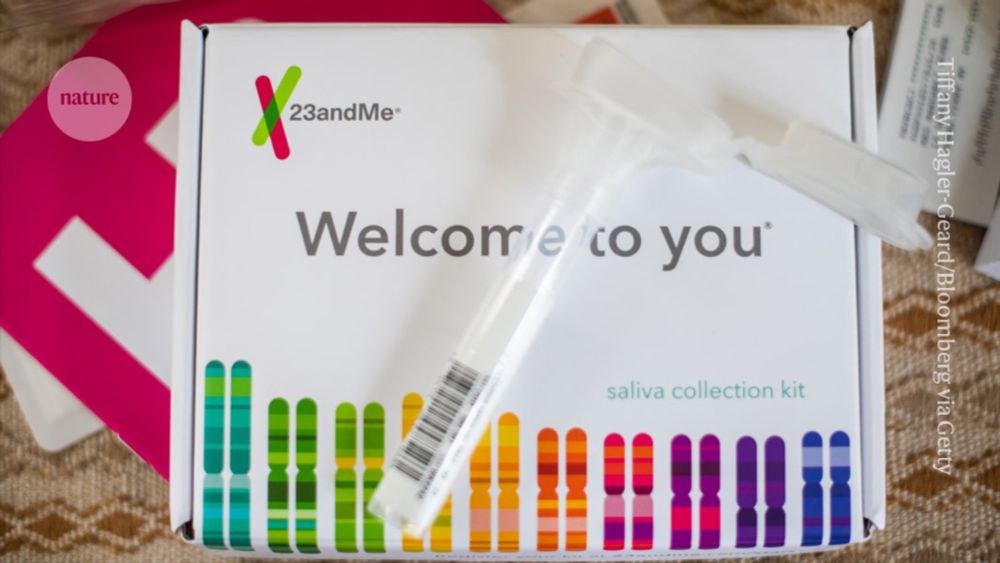
What is 23andMe going to do with the data that they still have possession of? Are they going to try to sell access to it in order to generate funds?
www.nature.com/articles/d41...
The particular problem of false scientific references is rife. In one 2024 study, various chatbots made mistakes between about 30% and 90% of the time on references.
www.nature.com/articles/d41...
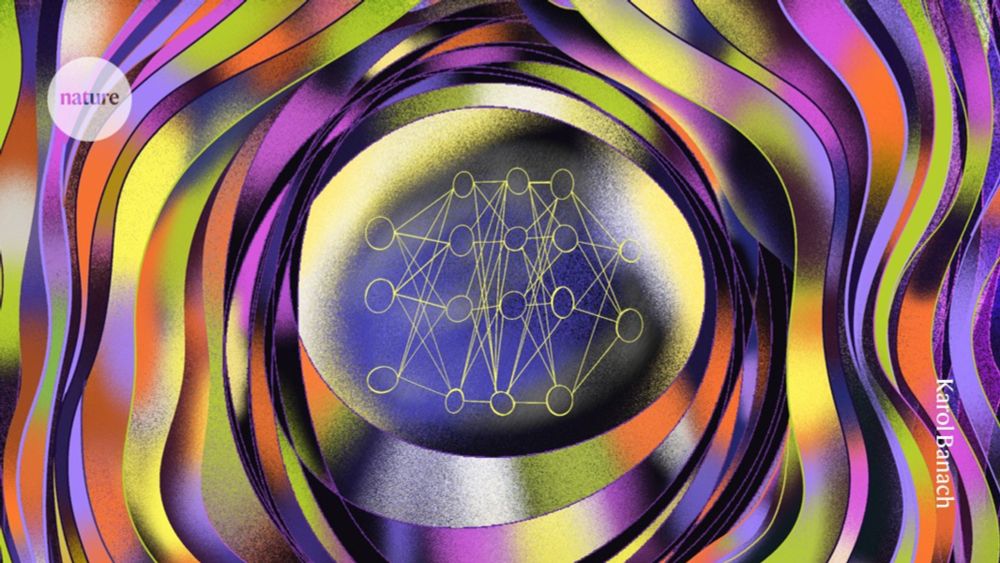
The particular problem of false scientific references is rife. In one 2024 study, various chatbots made mistakes between about 30% and 90% of the time on references.
www.nature.com/articles/d41...
Watch, like, subscribe and share the link!
👉 www.youtube.com/@SimpleScien...
Because science should be easy to understand and fun to explore.
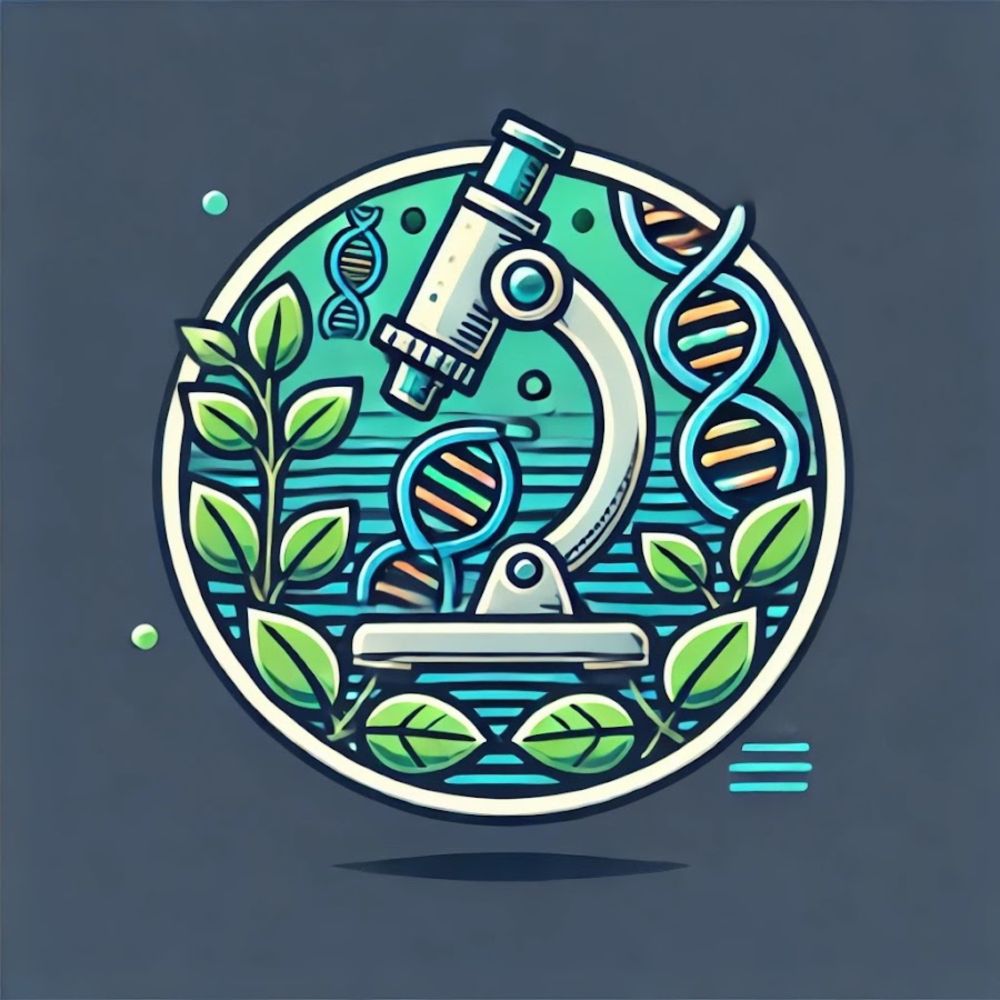
Watch, like, subscribe and share the link!
👉 www.youtube.com/@SimpleScien...
Because science should be easy to understand and fun to explore.
Not "giving up"—many shift to impactful careers. But academia still isn’t built to support women long-term.
#WomenInSTEM #GenderEquality #Science
www.nature.com/articles/d41...
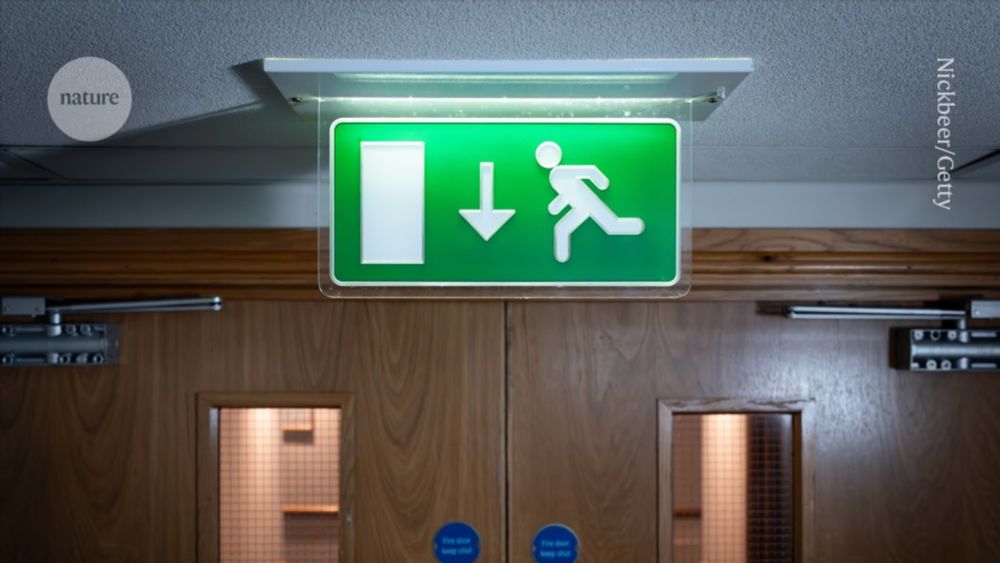
Not "giving up"—many shift to impactful careers. But academia still isn’t built to support women long-term.
#WomenInSTEM #GenderEquality #Science
www.nature.com/articles/d41...
AI is transforming science, from speeding up data analysis to predicting breakthroughs. But it’s not without risks. AI can amplify flawed data and create bias — all while threatening scientific transparency and integrity.
www.linkedin.com/posts/lindse...

AI is transforming science, from speeding up data analysis to predicting breakthroughs. But it’s not without risks. AI can amplify flawed data and create bias — all while threatening scientific transparency and integrity.
www.linkedin.com/posts/lindse...
www.nature.com/articles/d41...
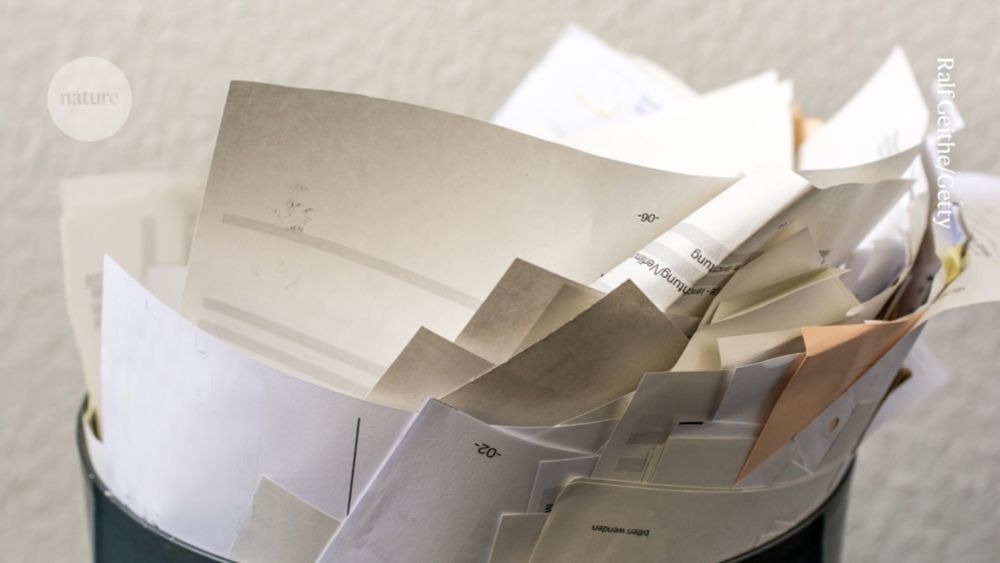
www.nature.com/articles/d41...
A 2-minute YouTube video for teenagers explaining what mitochondria are, what they do and why they are special (e.g. own DNA, inherited from mother, bacterial origin).
Here is the result:
www.nextgenseqanalysis.com/videos-1/v/m...
What do you think?
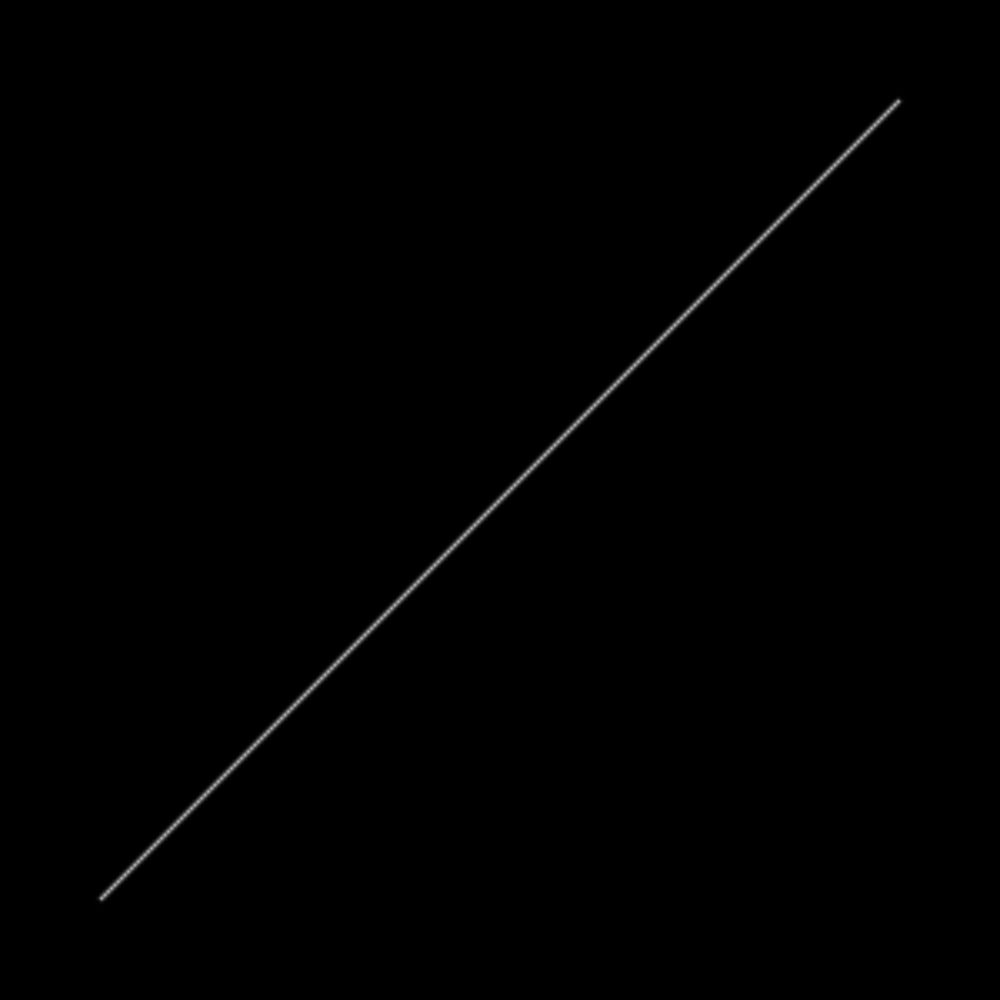
A 2-minute YouTube video for teenagers explaining what mitochondria are, what they do and why they are special (e.g. own DNA, inherited from mother, bacterial origin).
Here is the result:
www.nextgenseqanalysis.com/videos-1/v/m...
What do you think?
www.nextgenseqanalysis.com/videos-1/v/d...
www.nextgenseqanalysis.com/videos-1/v/d...
www.nature.com/articles/d41...
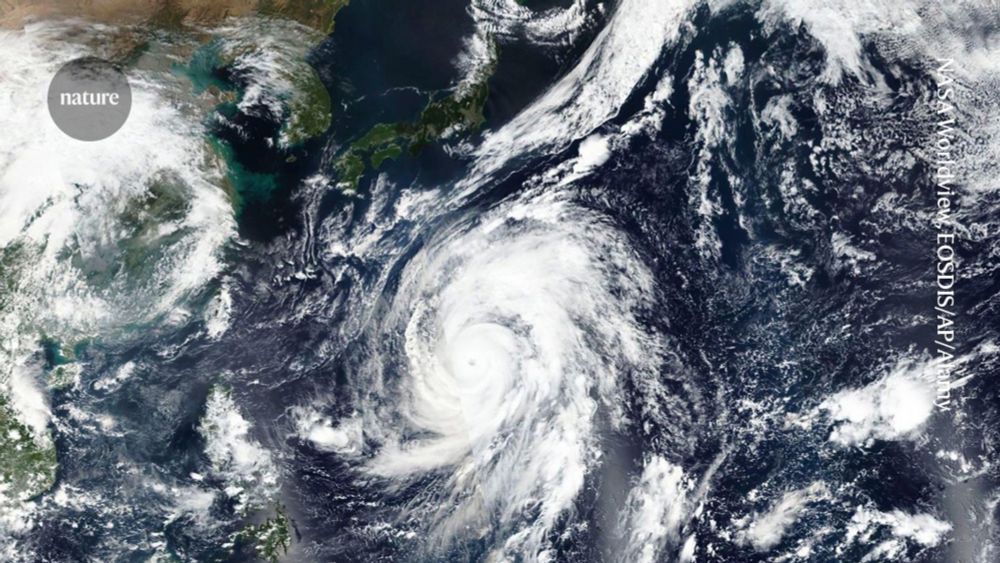
www.nature.com/articles/d41...



